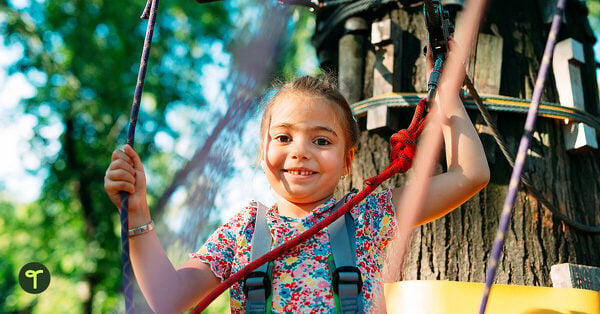10 myths and facts about rabies
In Nepal too, Rabies Day is being celebrated by organizing various programs with the basic slogan of 'Adoption of one health, zero death from rabies'. The World Health Organization's Global Strategic Plan aims to reduce human deaths from dog-bite rabies to zero by 2030. In this context, let's analyze the misconceptions and scientific facts about rabies in our society.
Myth-1: Rabies occurs when bitten by a dog or other animal that is aggressive and has fins in its mouth.
Fact: It's normal for dogs to bite when they feel unsafe and scared. This is a natural behavior of dogs. But dogs with rabies will bite any person for no reason. It is also not true that aggressiveness and foaming at the mouth is rabies. While most rabies-infected animals are aggressive, some animals may appear very passive at first. Symptoms such as fever and fatigue are early signs of rabies in animals or humans. An infected animal may have difficulty standing and may suffer from lameness and paralysis.
Myth-2: Rabies is transmitted only through bites.
Fact: Rabies can be transmitted not only by the bite of a dog or other animal with rabies, but also if the saliva of the suspected animal comes into contact with different membranes or wounds of the body.
Misconception-3: If a mouse or rabbit bites you at home, you get rabies.
Fact: Rabies is rarely transmitted to humans from rats and rabbits. Therefore, post-bite rabies vaccine is not required for domestic rabbit and rat bites. However, if bitten by a wild rabbit, mouse or rat species, it is advisable to vaccinate on the advice of an infectious disease specialist.
Myth-4: There is no cure for rabies.
Fact: Rabies is preventable. Vaccines are available for both humans and animals to prevent the spread of rabies. If you have been bitten by an animal suspected of having rabies, the wound should be immediately cleaned thoroughly with soap and water for 10-15 minutes and vaccinated within 24 hours of the bite. But after seeing the symptoms of the disease, it is not possible to treat the rabies disease.
Myth-5: I do not need a post-exposure human rabies vaccine if I am bitten by a vaccinated dog.
Fact: Although this is theoretically true, if the quality of the vaccine, the time of administration, the method and the physical condition of the dog are not suitable, even after vaccination, the dog may develop rabies. Therefore, even if the dog is vaccinated against rabies, it should be consulted by a doctor. A doctor will evaluate the bite wound to determine if a post-exposure vaccine is needed.
Myth-6: Some people still think that 20 or more abdominal shots are required to treat rabies.
Fact: In today's treatment system, depending on the condition, three vaccinations are usually done on the arm on the day of the bite, on the third day and on the seventh day.
Misconception-7: Vaccination against rabies in humans increases the risk of getting sick and also affects memory.
Fact: Older human vaccines had some side effects but the new human vaccine that is currently available does not have side effects.
Myth-8: Pets and non-exposed dogs and cats do not need to be vaccinated against rabies.
Fact: Domesticated dogs can also be at risk of rabies from sneaking out of the house and from wild animals in the neighborhood. Bats or other small wild animals infected with rabies can enter your home and come into contact with your dog at any time. Since rabies is a fatal disease, it is advisable to vaccinate pets and non-exposed dogs and cats against rabies.
Myth-9: Vaccination against rabies in pregnant and lactating women has negative effects on children and should not be vaccinated.
Fact: All modern vaccines are inactivated, safe and effective, so pregnant and lactating women can get the rabies vaccine without harm to the baby.
Myth-10: Young puppies do not need to be vaccinated for bites.
Fact: Puppies born to dogs that have been vaccinated against rabies and have fully developed immunity to rabies have the ability to fight the disease for at least three months of age. Therefore, in general, a dog under three months of age does not need to be vaccinated, but since we do not know much about the mother of the dog we have adopted, it is wise to get vaccinated against rabies even if a young child is bitten by a dog.
1632803364955.jpg)


